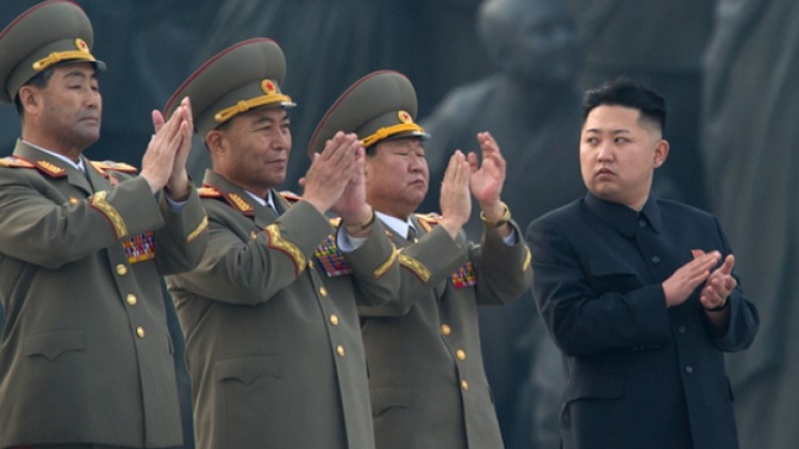
A Christian humanitarian organization was used by the Pentagon as a front for a spying operation in North Korea for nearly a decade, placing dozens of unwitting aid volunteers at risk, reveals an in-depth report from The Intercept.
The report alleges that the Humanitarian International Services Group charity (HISG), set up by Colorado-based Kay Hiramine, received funding from the Pentagon-connected to espionage in the North Korea.
"The revelation that the Pentagon used an NGO and unwitting humanitarian volunteers for intelligence gathering is the result of a monthslong investigation by The Intercept," reads the report. "In the course of the investigation, more than a dozen current and former military and intelligence officials, humanitarian aid workers, missionaries, U.S. officials, and former HISG staffers were interviewed."
The operation started in 2004 under the command of Lt Gen William 'Jerry' Boykin, himself an evangelical Christian, who created the small-scale charity after 9/11 to ship medical supplies and disaster relief material to emergencies around the world.
However, after HISG became involved with the military, it received millions of dollars for its work that came ultimately from the Pentagon.
"Before it was finally dismantled in 2013, Hiramine's organization received millions in funding from the Pentagon through a complex web of organizations designed to mask the origin of the cash," the report notes.
On one occasion, a shipment of winter clothing to North Korea was used to conceal Bibles, whose importation was forbidden. The secretive country has ranked No. 1 on the Open Doors World Watch List of the 50 countries where persecution is most extreme.
"We sent the Bibles in as a test run," a former senior Pentagon official told The Intercept. "They got through without the North Koreans discovering them."
The Pentagon reportedly tasked Hiramine with gathering the intelligence it needed inside North Korea and finding transportation routes to move equipment and operatives inside the country. In turn, Hiramine would utilize HISG's access to the country to complete the assignments.
"Hiramine, in his role as CEO of HISG, tapped Christian missionaries, aid workers, and Chinese smugglers to move equipment into and around North Korea - none of whom had any idea that they were part of a secret Pentagon operation," the report reveals.
The program was eventually dismantled in 2013 by now-retired Admiral William McRaven, who oversaw the Osama bin Laden raid.
"McRaven told us he shut it down because he was nervous about the flap if it ever got out that the Pentagon had used a bunch of evangelicals and missionaries as spies," said one former military officer.
Former HISG program director Tom Jennings told The Intercept: "We got no warning. We had no jobs, no severance, and no explanation. All they said was 'we lost our funding.'"
The shocking report has sparked outrage among both politicians and humanitarian aid communities. Sam Worthington, president of InterAction, an association of nearly 200 American NGOs, told the reporters that such activity "violates international principles" and places legitimate aid and development workers at great risk.
"It is unacceptable that the Pentagon or any other U.S. agency use nonprofits for intelligence gathering," Worthington said. "It is a violation of the basic trust between the U.S. government and its civic sector."
Rep. Jan Schakowsky, who served on the House Intelligence Committee from 2007 until this year, said she was completely unaware of the operation. "If true, to use unwitting aid workers on behalf of an intelligence operation, people who genuinely do humanitarian work, to turn their efforts into Intel collection is unacceptable," she said, Christian Today reports.
"Now we have people who have been hired to do some good work and become unwitting accomplices to an intelligence mission? They can face all kinds of retaliation. It is completely unacceptable."
Sarah Knuckey, Columbia Law professor and director of the school's Human Rights Clinic, also charged that these findings "threaten the legitimate work of NGOs globally" and give "rhetorical ammo" to repressive governments seeking to restrict NGO activities within their borders.






